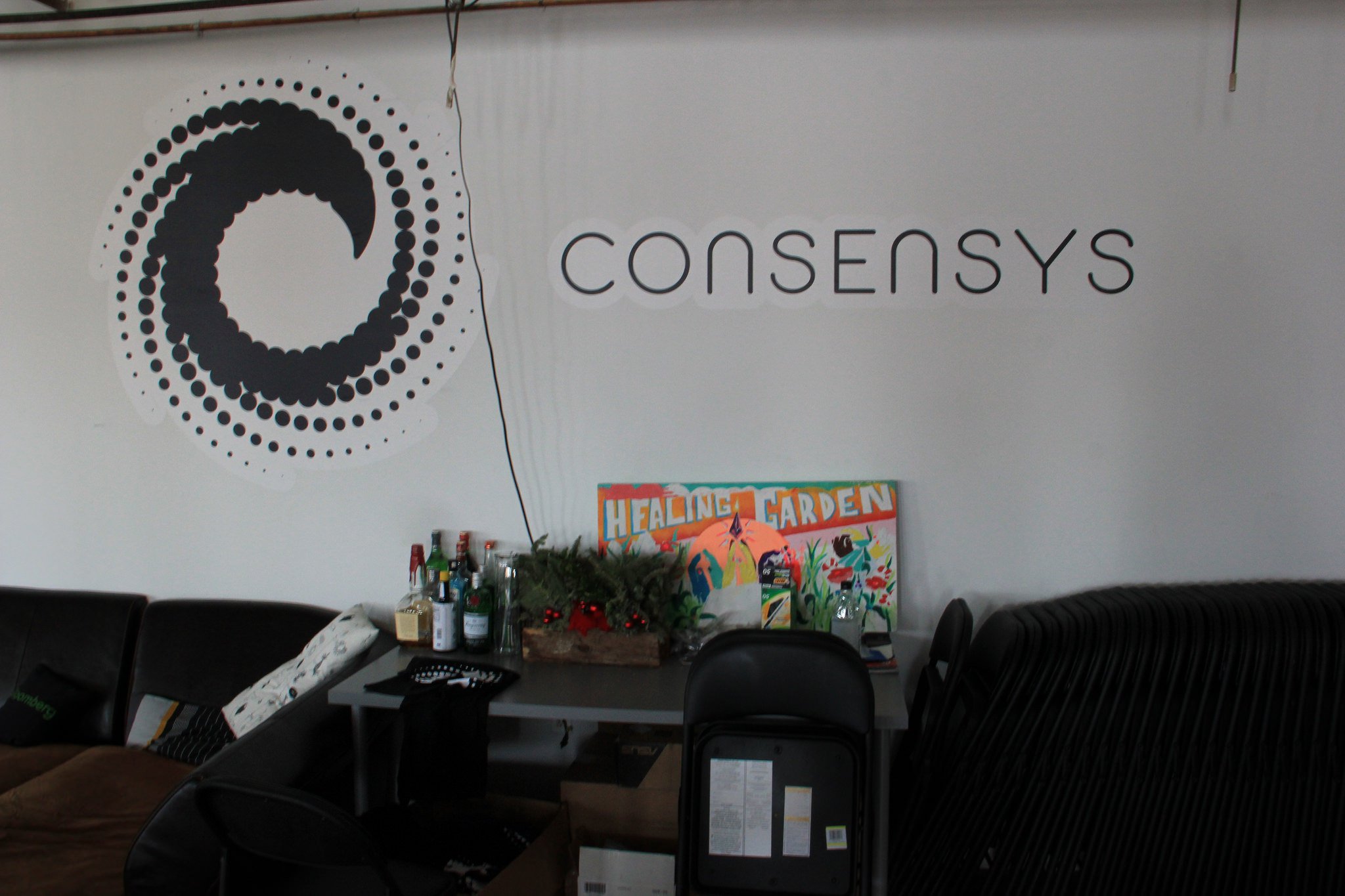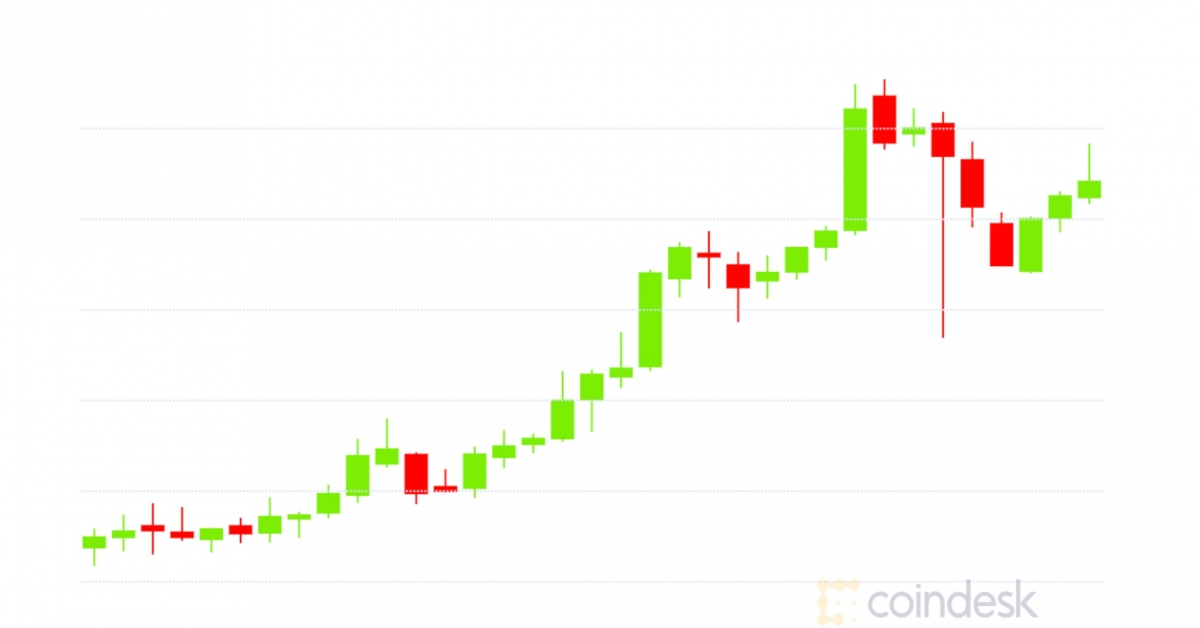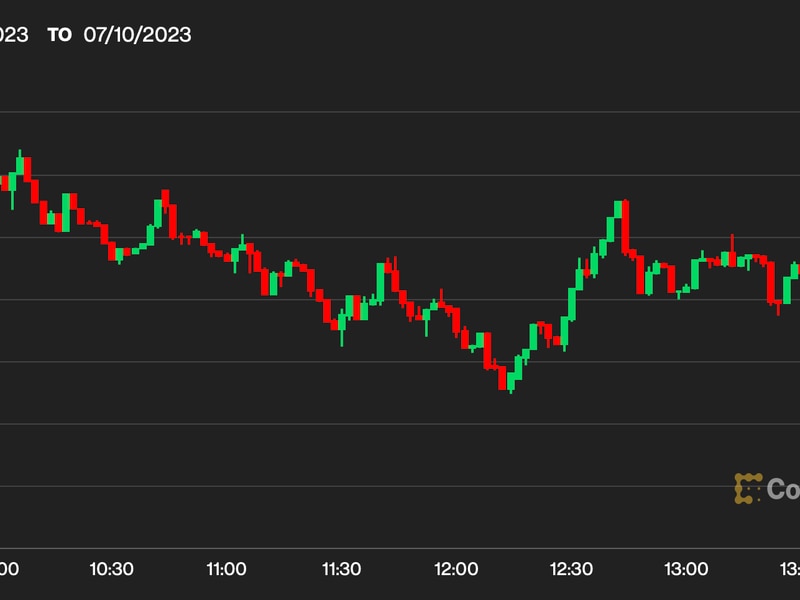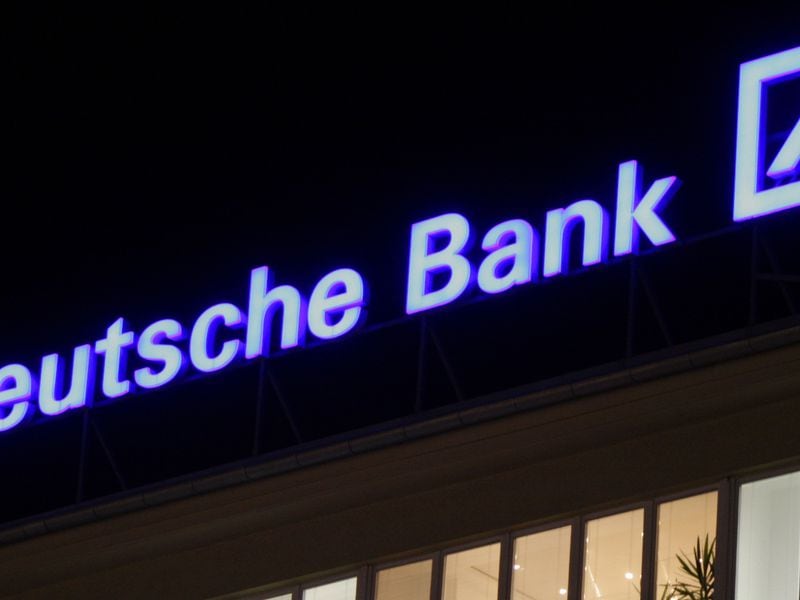First Mover Asia: Bitcoin Rises Past $28K on Debt Ceiling Deal
Good morning. Here’s what’s happening:
Prices: Crypto and Asian stock markets opened strongly as the White House announced a deal averting a debt ceiling crisis, with Bitcoin and Ether seeing increases of 5% and 4.9%, respectively.
Insights: China didn’t say much new about Web3 in a paper it released over the weekend, but the report represented progress in a country that has scaled back its approach to cryptocurrencies.
Crypto is beginning the Asia trading day well into the green after the White House announced that a deal to avert a debt ceiling crisis has been reached.
Bitcoin is starting the Asia trading day up 5% to $28,249, while ether is up 4.9% to $1,917. Overall, the CoinDesk Market Index (CMI) is up 4% to 1,209.
Bitcoin is still down 2.8% during the past month, as the looming debt ceiling crisis weighed heavily on the asset class.
“Bitcoin found support around $25K and consolidated for about two weeks before rallying today,” Joe DiPasquale, CEO of crypto fund manager BitBull Capital wrote in an email. “Whether this move continues till $30K remains to be seen, but we expect the market leader to test that key resistance once again in the near term.”
DiPasquale added: On the flip side, the range between $22K and $25K is acting as a reliable support for bulls.”
House Speaker Kevin McCarthy told reporters over the weekend that there’s still work to be done on the bill, anticipating its completion by Sunday, and a vote by Wednesday.
Meanwhile, President Biden said the deal is “an important step forward” in a statement, calling it a compromise.
Stock markets in Asia are also opening strong on the news. In Japan, the Nikkei 225 was up 2% in the first 30 minutes of trading, while Australia’s ASX 200 was up 1.18%.
Biggest Gainers
Biggest Losers
There are no losers in CoinDesk 20 today.
China’s Web3 Isn’t Our Web3
Over the weekend, authorities at the Beijing Municipal Science & Technology Commission, which oversees the Zhongguancun Chaoyang Park – a cluster of China’s top tech companies and academic institutions – released a whitepaper outlining suggestions for China’s web3 policy.
On Crypto Twitter, this excited the usual crowd, egged on by a tweet from Binance CEO Changpeng Zhao, who said the timing was “interesting” considering Hong Kong’s soon-to-be-enabled crypto regulatory framework on June 1.
But the reality is this whitepaper is more of China’s existing policy of blockchain-not-crypto.
Web3, in China, means an internet enhanced by artificial intelligence, blockchain, faster computing chips and more resilient networks.
The whitepaper is more interested in defining – and enhancing – the layers of infrastructure behind the internet, which it identifies as the infrastructure layer, interactive terminal layer, platform tool layer and application layer, in a way that’s reminiscent of the Open Systems Interconnection (OSI) model of network layers, which has been the bible of network topology since the 1980s.
And by no means is this a bad thing. It might be time that our understanding of a network layer is updated to account for new technologies, and China is keen to write the next generation of technology standards to wrestle that away from a U.S.-led Western technology trade bloc.
But this doesn’t have anything to do with crypto.
Bulls of the China narrative say that mainland China is only a few steps behind Hong Kong in opening its doors to crypto trading, just like how it looked to the semi-autonomous territory for lessons in stock markets before opening its own. This might be the case now, but a lot has to be figured out before then, such as how to allow crypto trading to exist without running into conflict with mainland China’s rules on capital control.
That’s the subject for another day, though. Meanwhile, China isn’t embracing crypto – yet.
In case you missed it, here is the most recent episode of “First Mover” on CoinDesk TV:
Digital Currency Group (DCG), the parent company of CoinDesk, closed its trade execution and prime brokerage services unit, TradeBlock, citing crypto winter and regulatory uncertainties. Gerber Kawasaki director of Get Invested Brett Sifling shared his crypto markets analysis. Plus, Columbia Business School adjunct professor Austin Campbell discussed the state of stablecoin regulation in the U.S. And TRM Labs head of legal and government affairs Ari Redbord explained why crypto hacks are down significantly in the first three months of 2023.
Striving for the Impossible: Reasonable Crypto Debate: Debates in crypto are increasingly polarized and politicized, as a recent CoinDesk story about a controversial mining plant in New York shows.
Binance, Other Crypto Players Shun Multichain as Bridging Rumors Swirl: With facts hard to come by, a coterie of crypto players are taking action.
Stablecoin Issuer Lybra Finance Nears $100M in TVL: Lybra Finance was launched last month and uses liquid staking derivatives to offer a decentralized interesting-bearing stablecoin.
Gulf Binance Clinches Thai Regulatory Approval: The joint venture between Gulf Innova and Binance aims to begin offering crypto services in the country later this year.
Stablecoins Are the ‘Glue’ Between the Real Economy and Blockchain: Binance Japan General Manager: Binance Japan may be still “a long way off” its business and activities being properly understood and in gaining regulatory acceptance, said the exchange’s Takeshi Chino.
UPDATE (May 29, 2023, 1:10 UTC): Adds Joe DiPasquale comment.
Edited by James Rubin.









